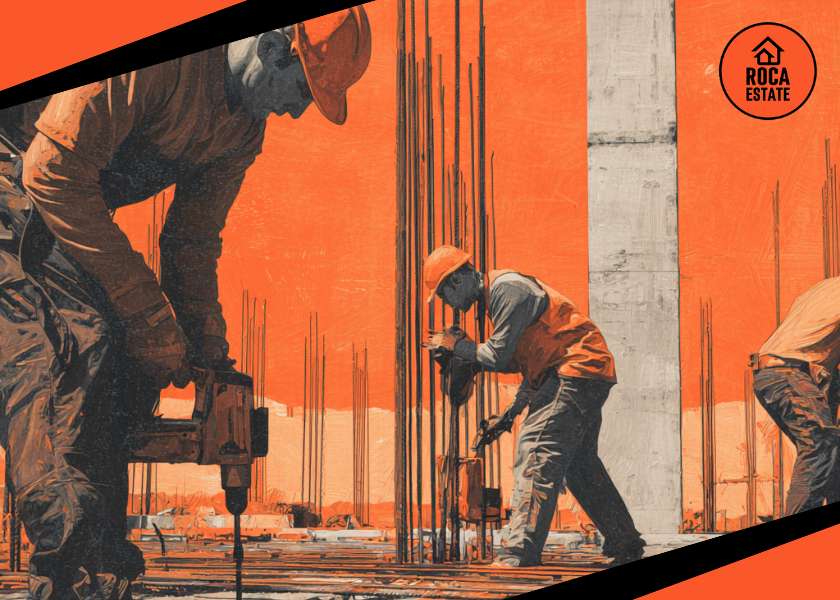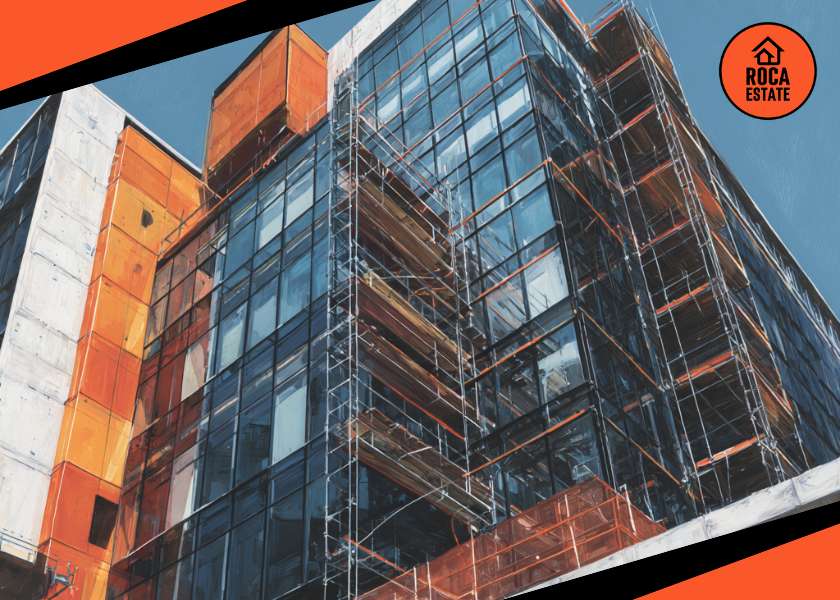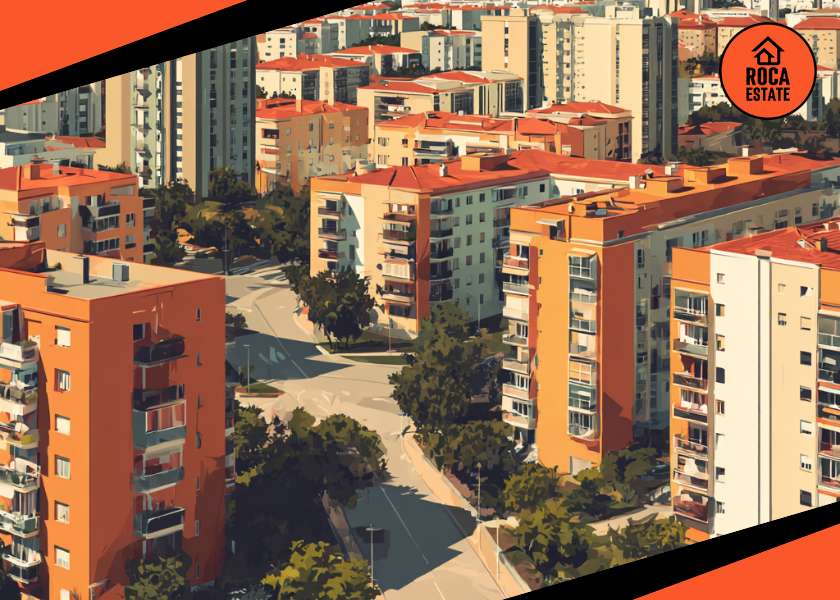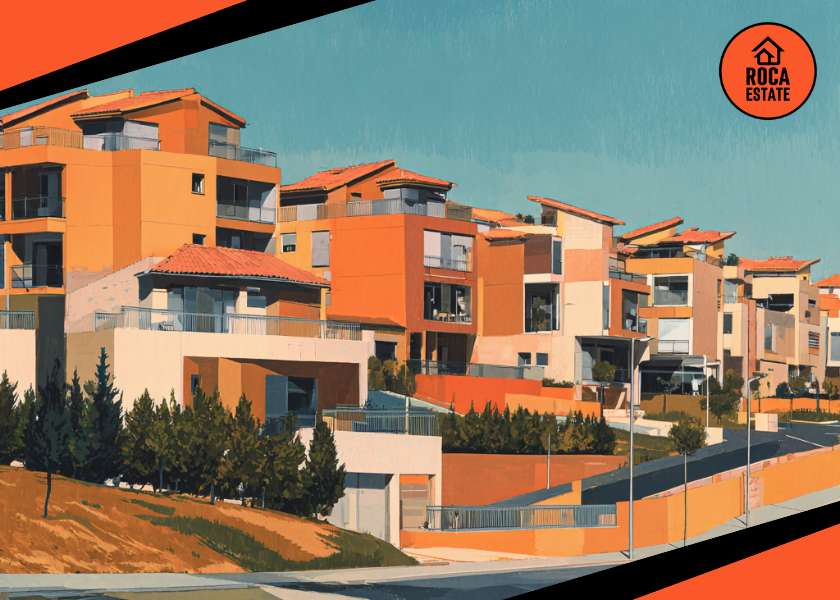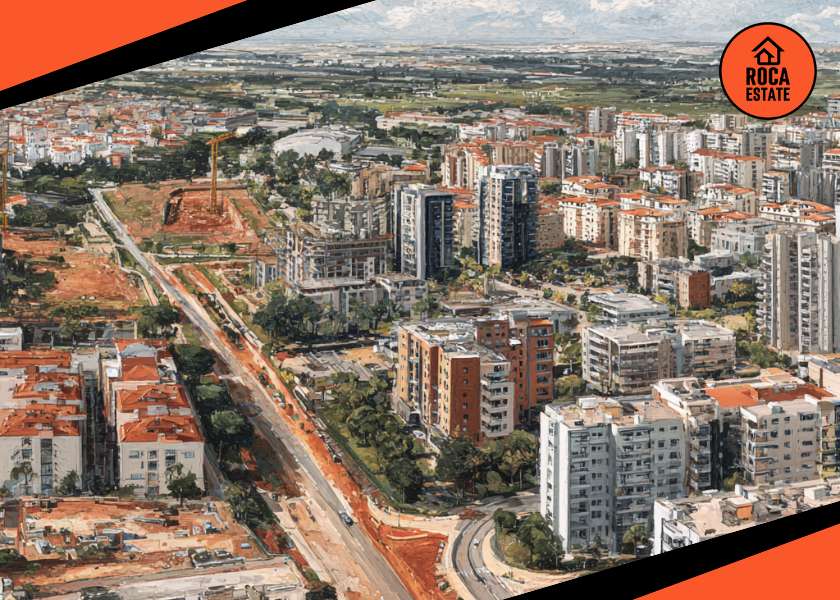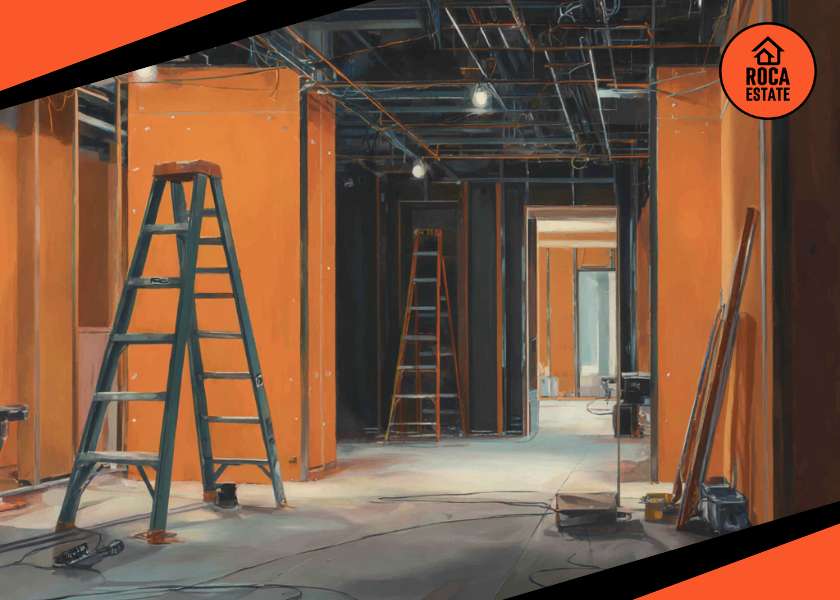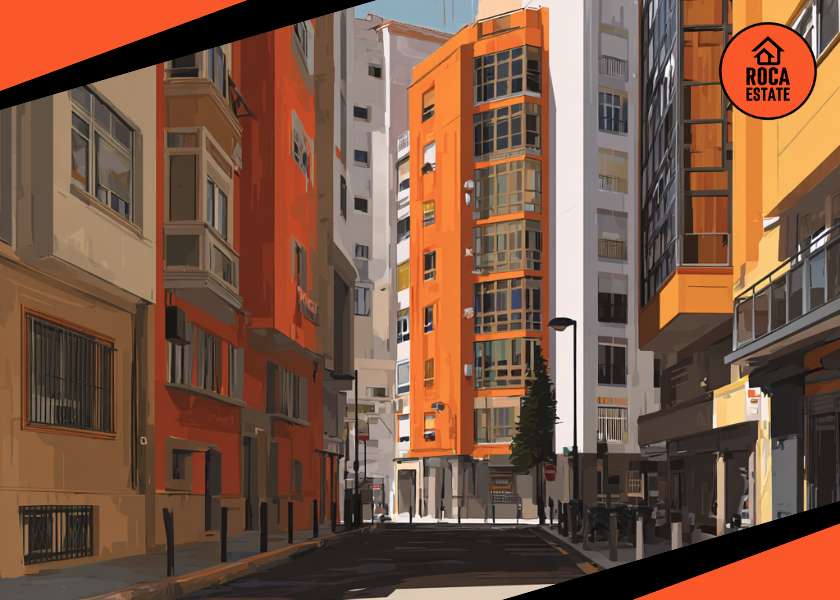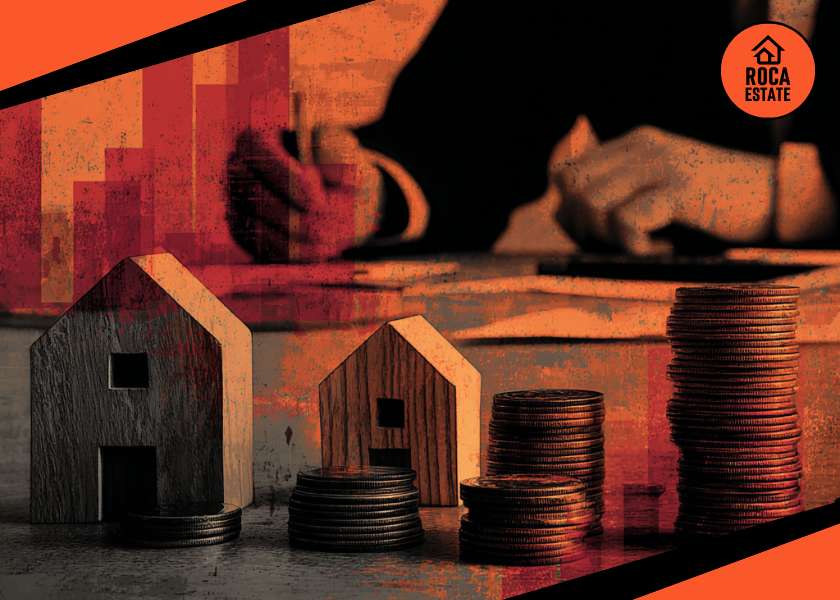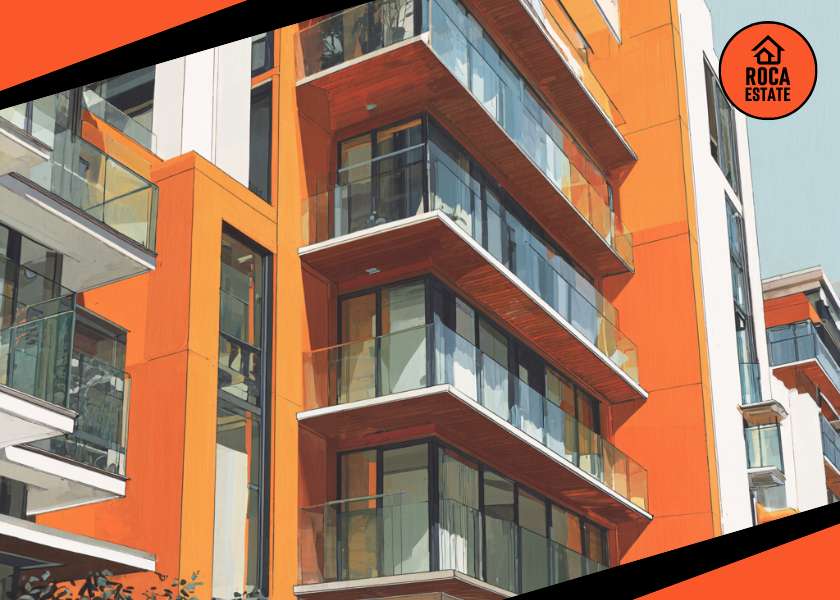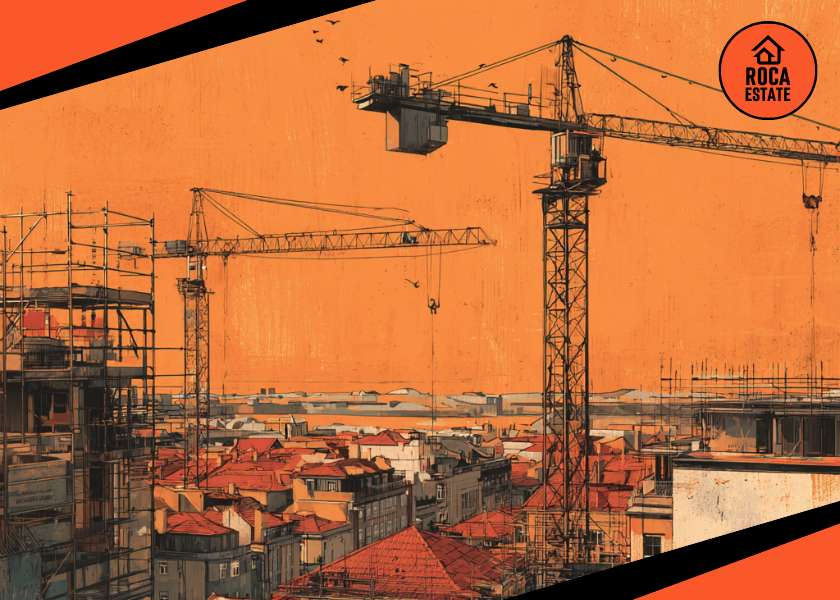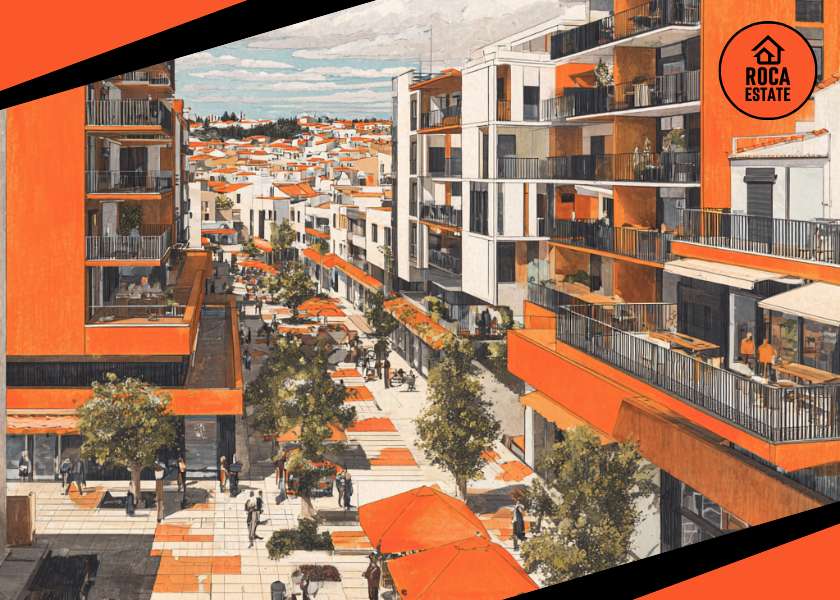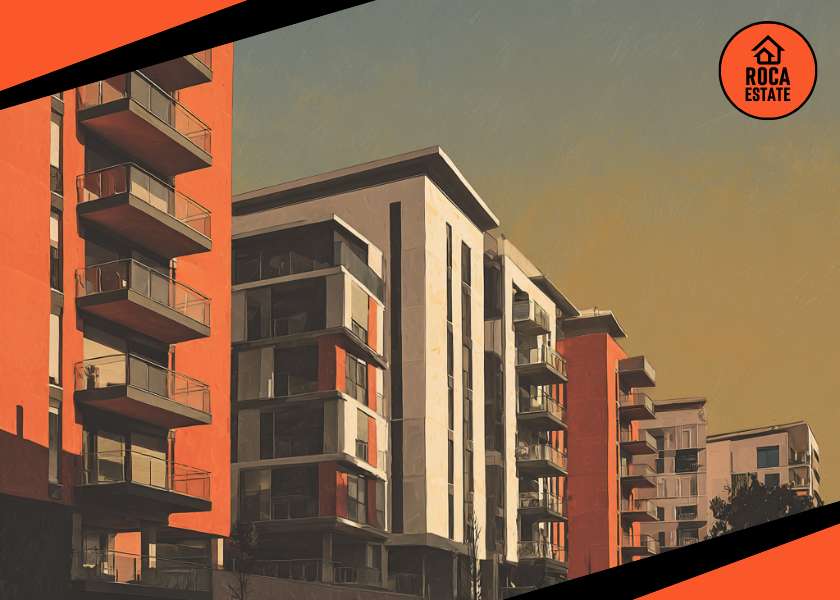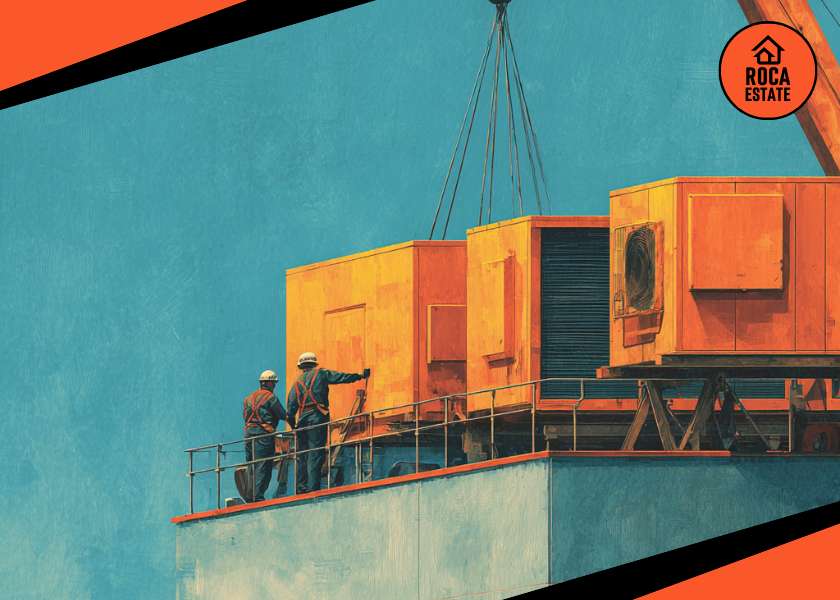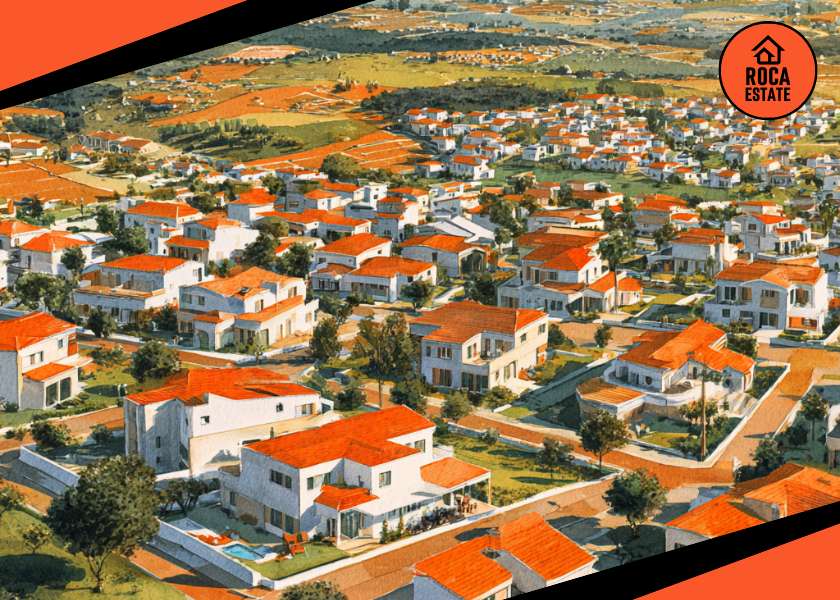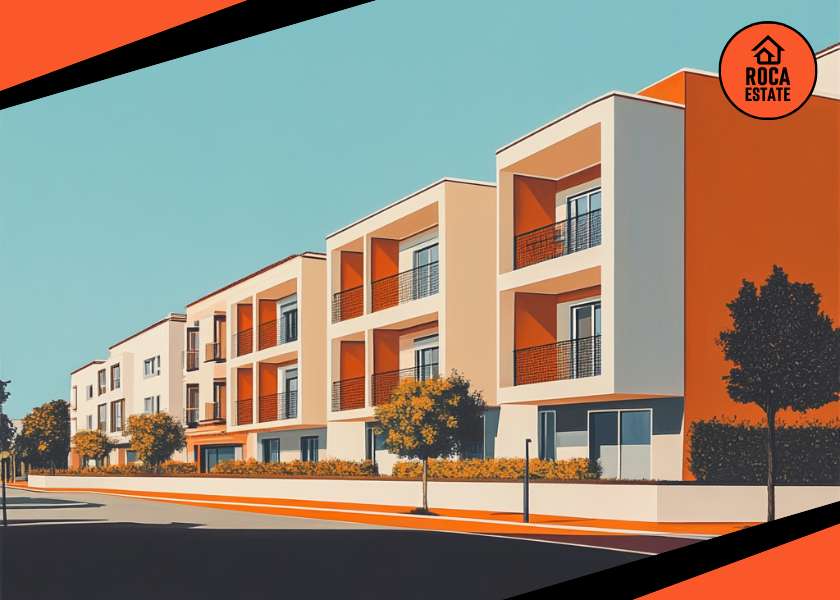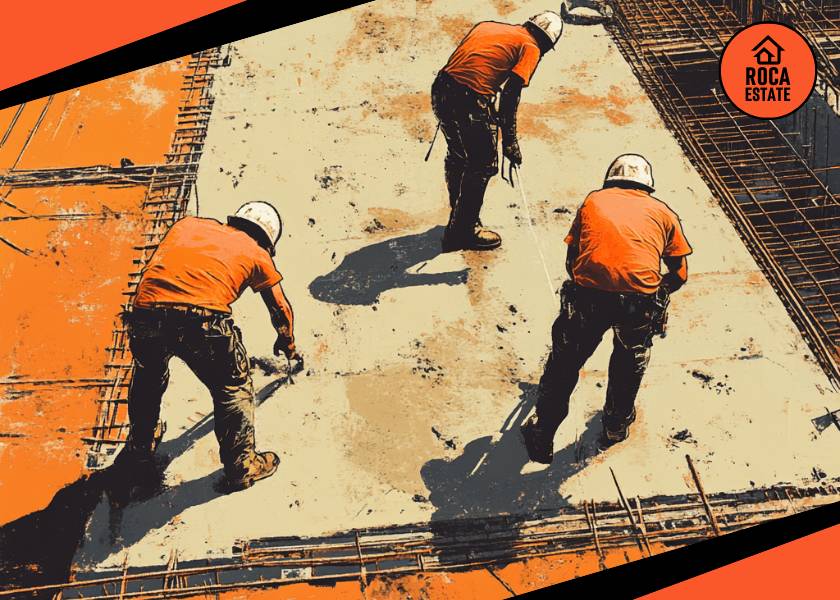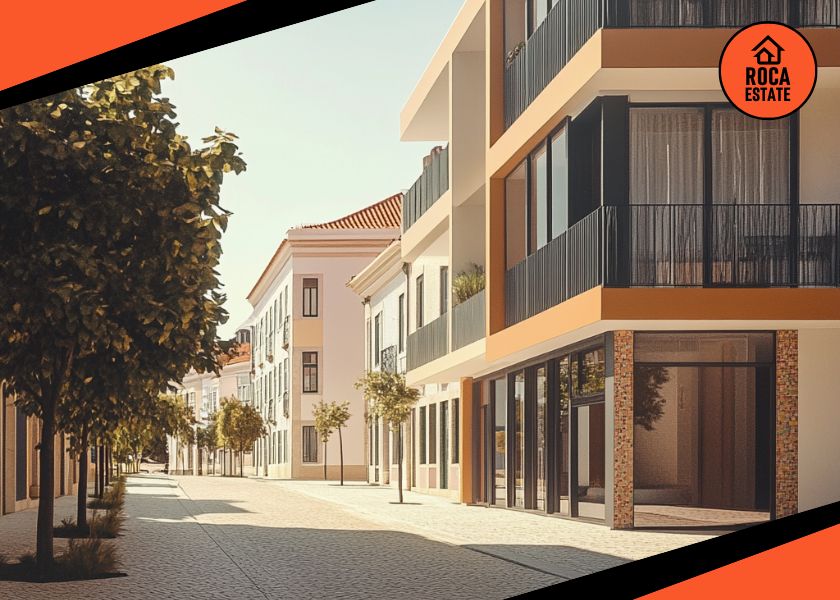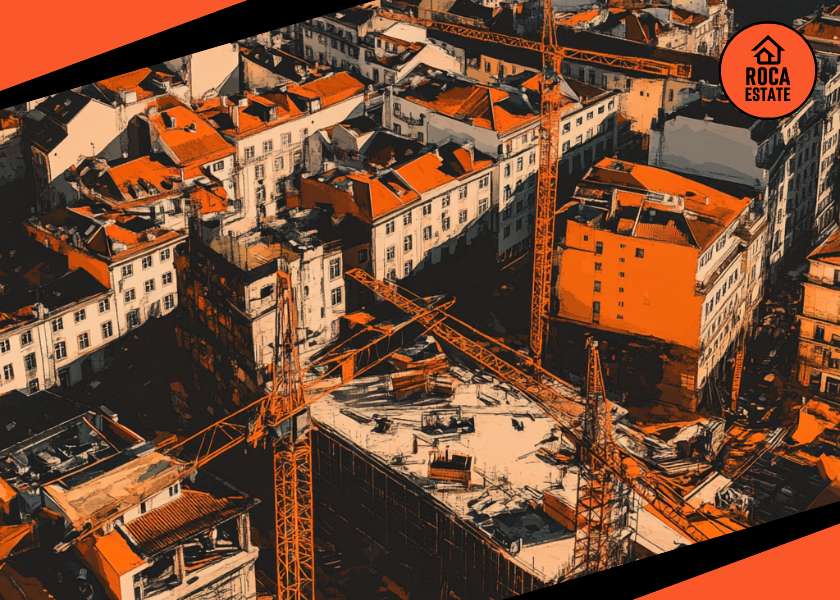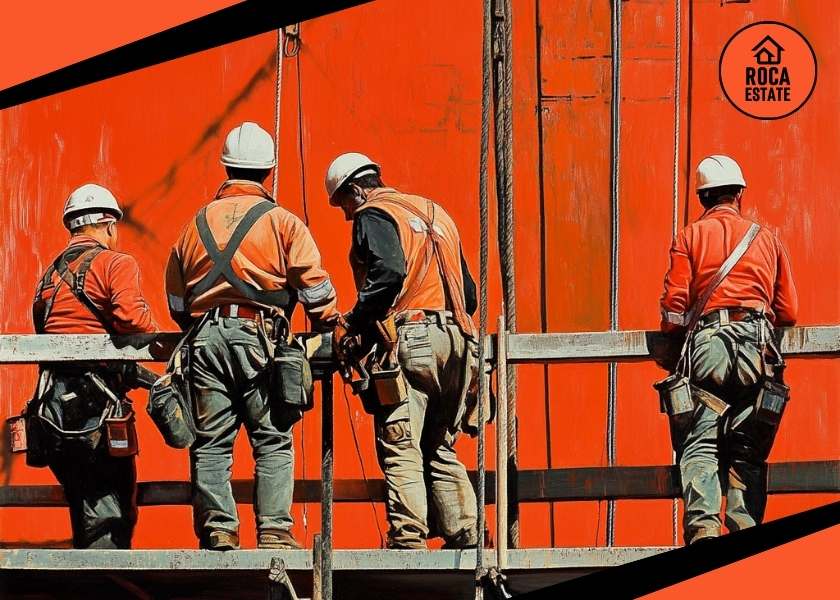The latest data from Portugal’s National Statistics Institute (INE) for December 2024 indicates continued growth in the construction sector. The Index of Production in Construction rose 4.7% year-on-year, an improvement over the previous month’s 4.1% growth. This sustained upward trend suggests a stable expansion in the sector, albeit at a slower pace than in previous years.
Employment in construction also increased, rising by 3.4% in December 2024, while wages in the sector saw a significant jump of 13.3%. These trends reflect a strong labor market, driven by demand for skilled workers and rising labor costs.
For the full year of 2024, construction output grew by 3.1%, moderating from 5.8% in 2023, signaling a cooling yet positive trajectory. Meanwhile, employment and wages rose by 2.7% and 10.5%, respectively, compared to 4.8% and 12.3% in 2023.
Key Implications for Real Estate Investors
- Stable Market with Controlled Growth
The Portuguese construction sector remains in expansion mode but at a more measured pace. Investors should interpret this as a sign of sustained demand but less overheating, reducing the risk of market volatility. The moderate 3.1% growth in 2024 suggests a period of stability that favors long-term investment strategies rather than short-term speculative moves. - Labor Costs Are Rising
The 13.3% increase in wages in December reflects a labor market that is becoming more expensive. Investors in development projects should account for higher construction costs, which could impact margins. However, this could also indicate a more skilled workforce, which may lead to better-quality developments and higher property values. - Potential for Rental Market Strength
With wages increasing, disposable incomes could rise, indirectly supporting strong rental demand. Real estate investors in residential rental properties may find continued tenant demand, particularly in urban centers, as the workforce in construction and related sectors earns more. - Opportunities in Infrastructure and Civil Engineering
The data does not separate growth between residential/commercial construction and civil engineering. However, given government infrastructure projects and EU funding for public works, there could be investment opportunities in commercial real estate and public-private partnerships (PPPs).
Investment Outlook
Looking ahead, investors should watch the next data release to confirm whether the slowdown in overall construction activity continues. While growth remains positive, a decline from 5.8% in 2023 to 3.1% in 2024 suggests that investment strategies should focus on value appreciation rather than high-speed turnover.
Strategic Recommendations
- Developers & Builders: Expect rising costs in materials and labor. Focus on efficiency and leveraging new technologies to offset increasing expenses.
- Buy-and-Hold Investors: Wage growth could translate into rising property values, making long-term rental investments attractive.
- Commercial Real Estate Investors: Monitor government infrastructure projects as potential indicators of demand for office spaces and logistics hubs.
Conclusion: A Controlled Expansion Favors Long-Term Investors
The Portuguese construction sector remains on a growth trajectory, albeit at a slower pace than in previous years. The moderation in growth, alongside rising labor costs, suggests a maturing market rather than a volatile boom. For real estate investors, this provides stability and predictability, making Portugal’s property market a sound investment for those with a long-term perspective.
Investors should remain vigilant and adjust their strategies accordingly.
Index of Production in Construction
As construction activity expands, new investment opportunities in Portugal are emerging across residential and commercial sectors. Visit our homepage to see how Roca Estate helps investors navigate the evolving real estate market in Portugal with data-driven insights and tailored property strategies.

